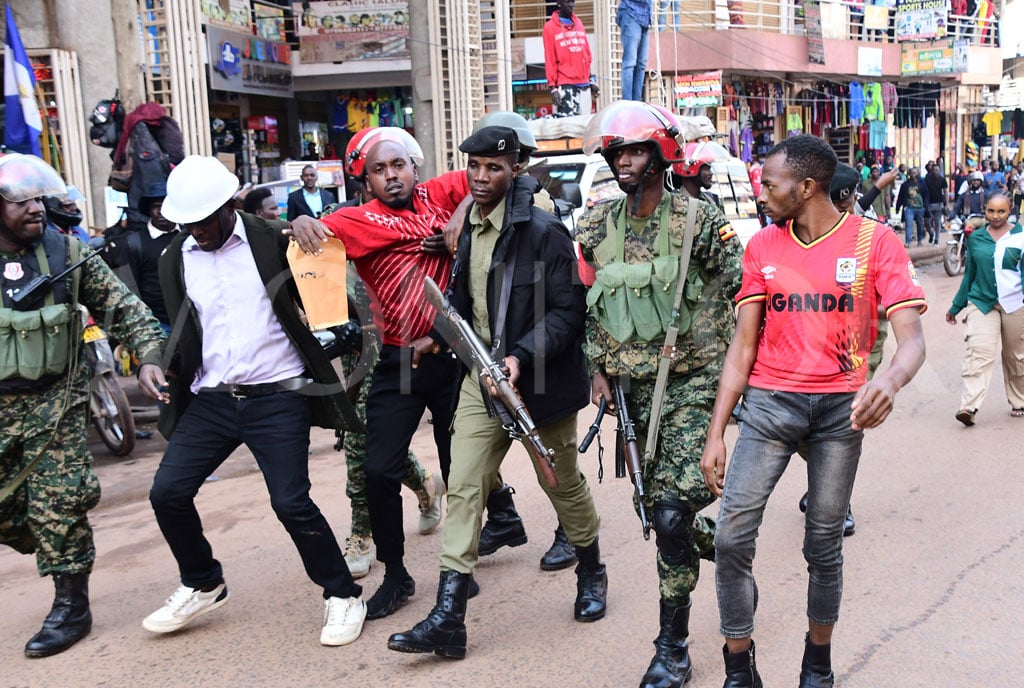
Musaazi Namiti
I had a hunch that the July 23 march on Parliament would struggle to have the verve and vitality that Kenya’s Gen Z protests against high taxes have had and forced President William Ruto to sack his Cabinet — and to withdraw the finance Bill that triggered the protests.
You could say the Ugandan authorities nipped the march in the bud by deploying security forces heavily, but the small number of protesters we saw in photos published on social media suggested there were not many serious protesters to begin with.
That is hardly surprising. Protesting or speaking out against what is going wrong in governments, in organisations/companies where people are employed is not for the faint-hearted. In many places, people with the guts to speak out, to protest, are always vastly outnumbered by the timid ones.
It is one thing to speak freely under a pseudonym on X Spaces, as some young Ugandans criticising sanctioned Speaker of Parliament Anita Among do; it is quite another to grab a placard and hit the streets you know are teeming with heavily armed police and soldiers under orders to use brute force against you.
Yet protests against runaway corruption in Uganda cannot lead to any positive and significant change when those protesting are not ready to die or to suffer in a serious way.
The protesters’ main demand, for example, is the resignation of Ms Among who presides over a tarnished legislative assembly and is herself already sanctioned by the UK and the US over corruption — but 20 young men carrying placards and trying to force their way into Parliament cannot force her resignation.
There has to be a huge number of protesters (in the region of, say, 40,000, the same number that Namboole stadium seats) ready and willing to lay siege to Parliament.
None of this should be interpreted as a call for violent protests. In a country that is managed well politically, this scenario cannot even be contemplated. But we are talking about Uganda, where the sitting government, in power for 38 years, is now a byword for corruption and does not really care about public opinion, to say nothing of rising anger about corruption.
Parliament no longer cares, and MPs and the media watch what they have to say, especially about Ms Among. As Tuesday’s march got underway, the MP for Bubulo East, John Musila, had urged his colleagues to listen to what the protesters had to say, but few paid attention.
“If we are a people-centred Parliament [...] that listens to its people, whether they are right or wrong,” the MP said, “we shouldn’t have held this plenary session today, tomorrow and the other day…We would extend the recess and listen to our people and see what they are saying…”
As for President Museveni, the least said the better. Daily Monitor has been reproducing his comments from the early days of his leadership about fighting corruption. There is a huge mismatch between what he says and what he has done.
The youth are going to continue to protest. But if there are 900 on X Spaces and when the protests begin, less than 100 turn up, they will struggle to see the change they are seeking.
Musaazi Namiti is a journalist and former Al Jazeera digital editor in charge of the Africa desk
[email protected]
@kazbuk








